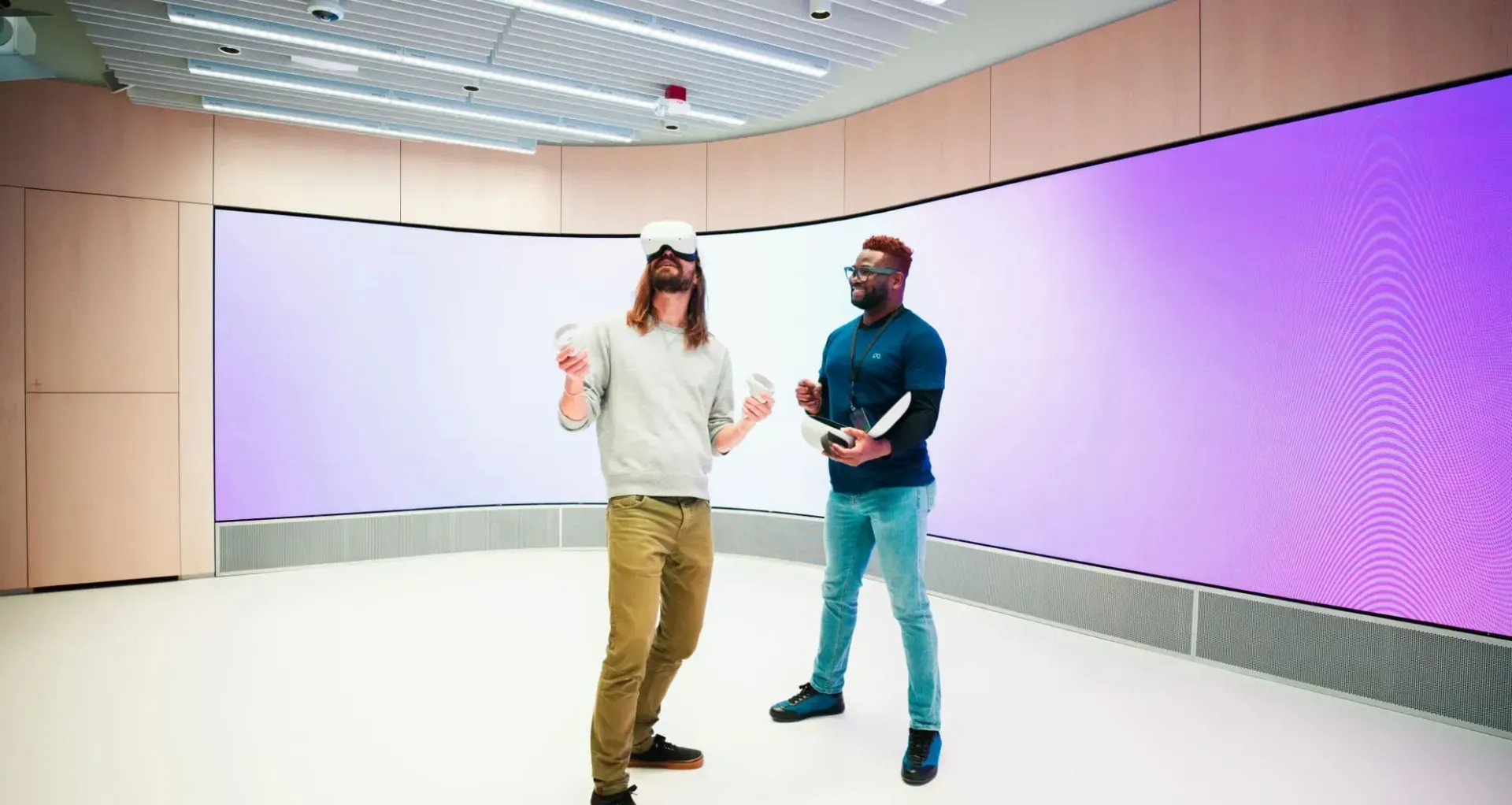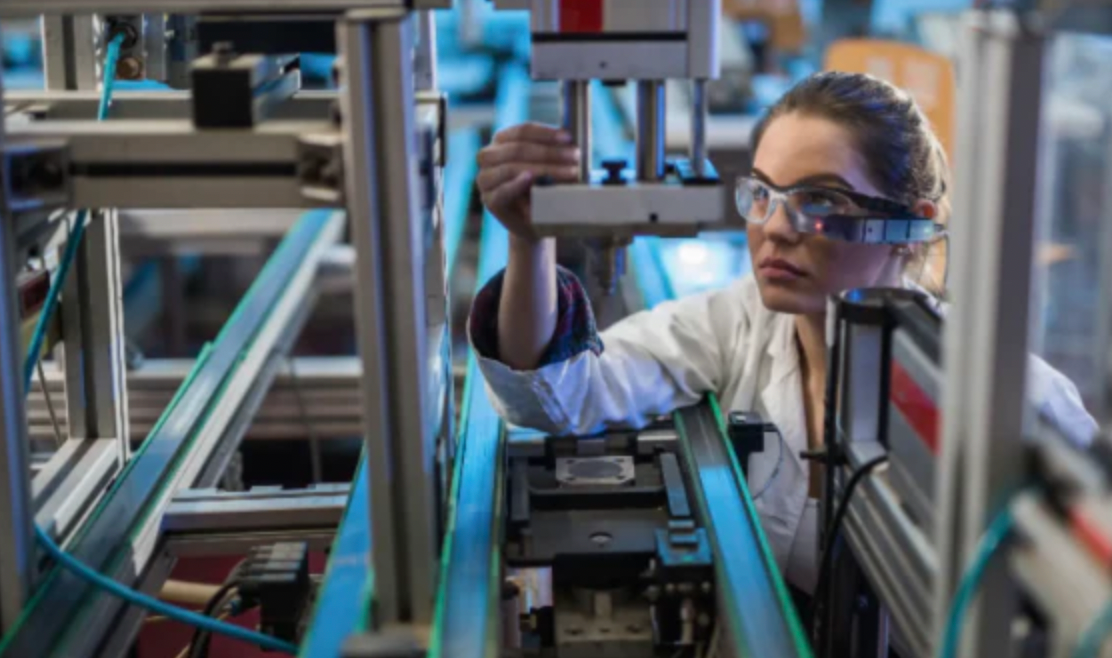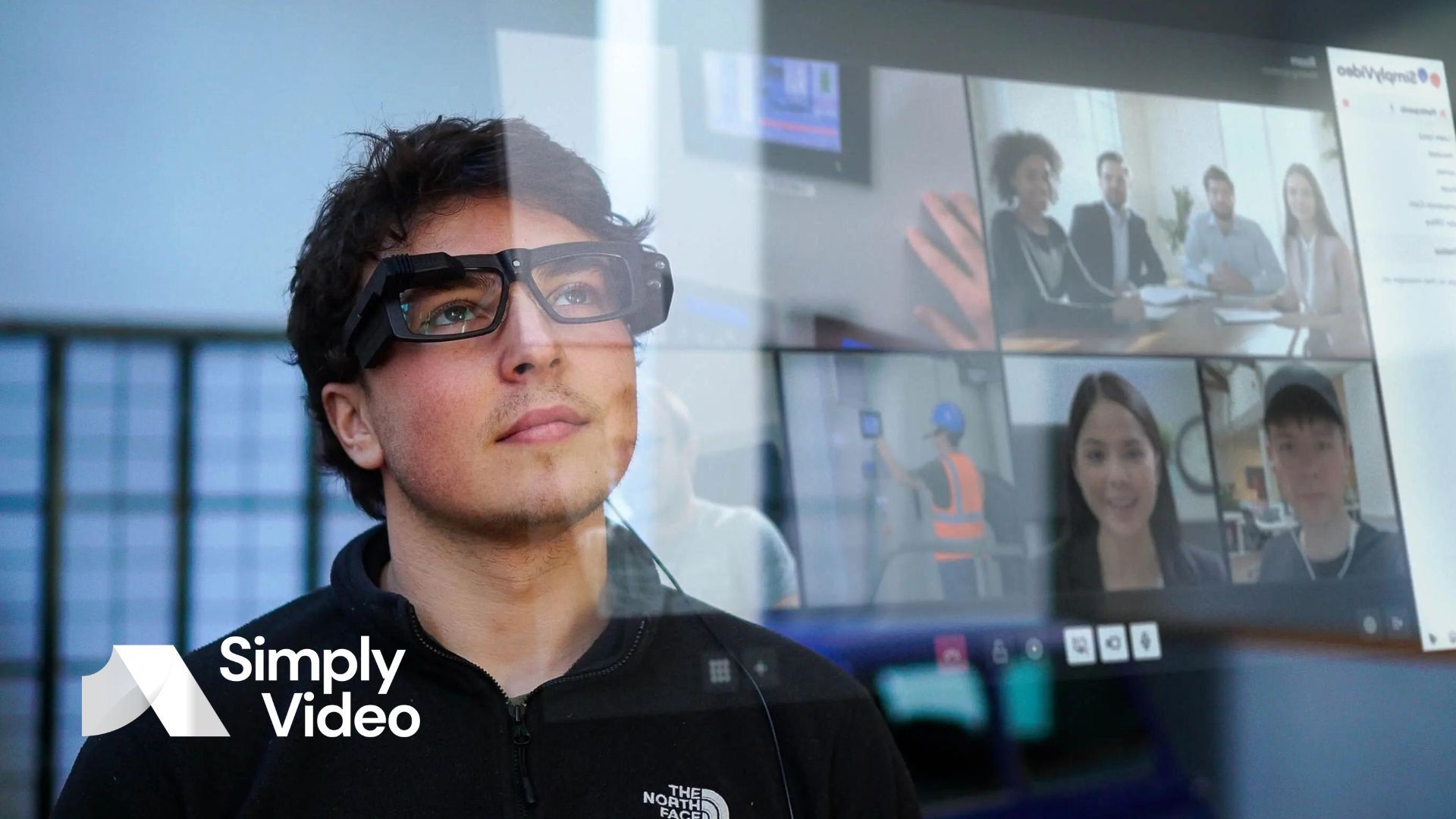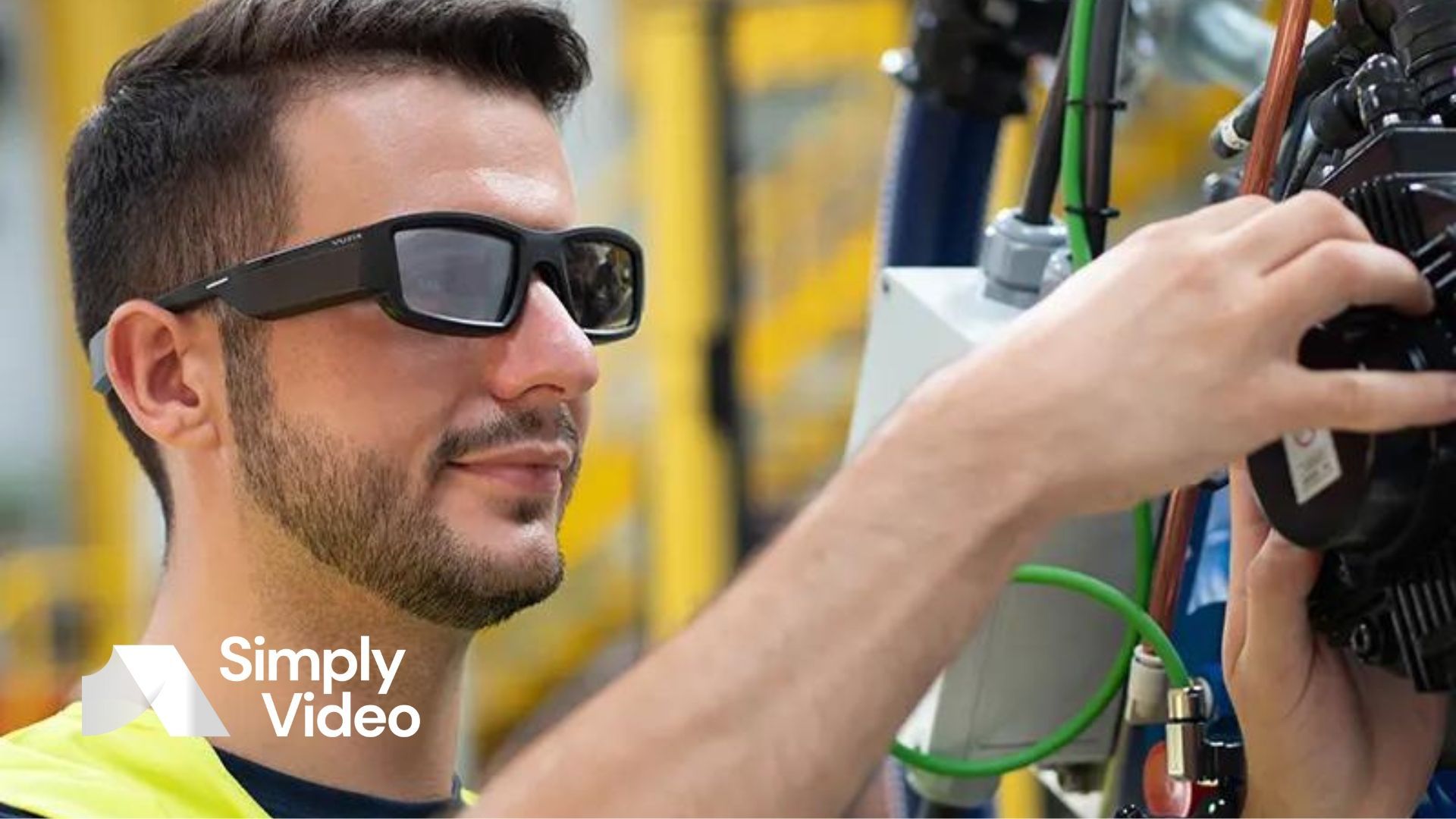XR news roundup: February 2023
What's happening in the world of extended reality (XR)? Get the latest scoops with our roundup of XR news in February 2023.
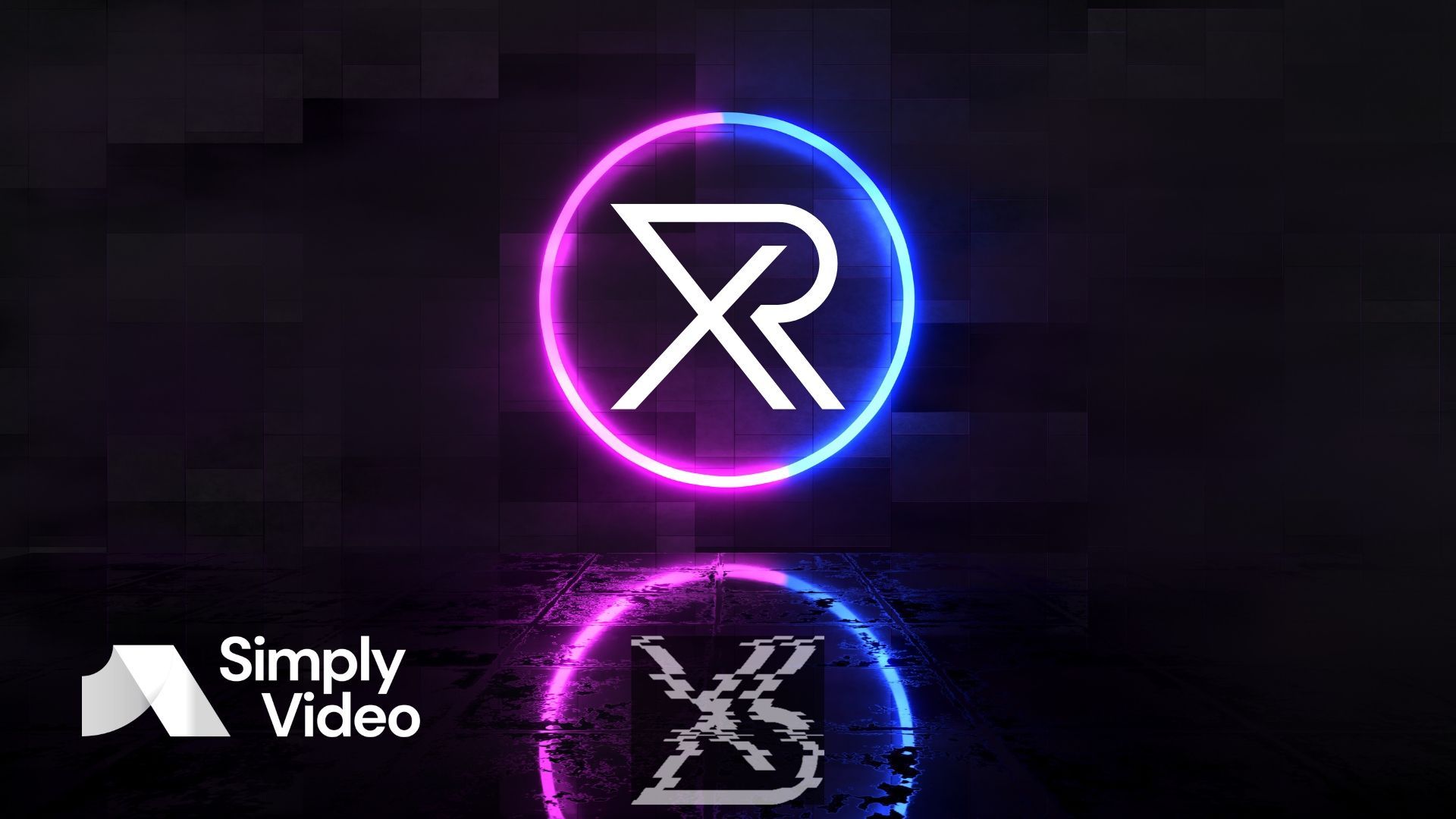
Extended reality (XR) is moving fast. Businesses are waking up to its potential – and tech journalists are quick to report on the latest and greatest XR innovations.
Frankly, it can be hard to keep up with it all. That's why we're kicking off a new monthly feature: a roundup of all the most exciting XR new stories from the last four weeks or so.
What happened in XR in February 2023? We've got you covered.
XR market predicted to reach $604 billion by 2028
A
new report from market research firm IMARC forecasts sunny days for the global XR market. By 2028, IMARC predicts, it will be worth an impressive $604.3 billion.
The report also revealed that the XR market reached $64.5 billion in 2022. If IMARC's prediction is accurate, it means a compound annual growth rate of 43.5% between 2023 and 2028. Impressive stuff.
IMARC points to the COVID-19 pandemic as a key driver behind XR adoption, as companies looked to collaborate with remote staff through virtual meetings and office spaces.
Consumer applications are expected to have a big impact too. Engagement with XR experiences on smartphones is accelerating adoption, says IMARC – as is the rise of online gaming as a viable profession.
Samsung working on new XR device
Who dropped the biggest XR-related bombshell last month? It has to be Samsung, which
revealed in an interview that it's working on a series of XR products.
The firm is tight-lipped about what the first product might look like, but The Washington Post predicts a "wearable display or headset".
While we know little of its form factor, we do have some clues about the technology under the hood. Samsung says Qualcomm will provide the chipset, while Google will deliver the software ecosystem – a new, previously unknown version of Android optimised for XR devices.
"For the ecosystem, we were trying to determine which platform to work with", said TM Roh, Samsung's head of mobile experience. "In the end, we decided it was going to be Google."
Roh mentioned partnerships with two more big players – Microsoft and Meta – but wouldn't elaborate on the details. Watch this space…
Sports Business Journal names top players in sports-related XR
Sports Business Journal (SBJ), a leading stateside industry publication, has
named the nominees for its first-ever Sports Business Awards: Tech event.
The ceremony will honour innovators across several industry-critical categories, including athlete performance technologies, Web3 and – of course – XR.
Among the XR nominees are The Famous Group, for its stadium-filling augmented reality (AR) advertisements, and Quintar, whose AR app lets golf fans see real-time stats and graphics at real-life games.
But if "brutal closeups" are on the judges' score sheets, we'd put our chips on ONE Championship's partnership with Meta. Their collaboration allowed VR headset owners to view mixed martial arts fights as if they were sitting in the cage with the fighters. Ouch.
The winners will be announced on March 7 at a two-day ceremony in New York City.
Google launches cloud-based XR rendering service
On February 9, Google Cloud made its new Immersive Stream for XR service
available to all customers.
Announced as a preview in 2022, Immersive Stream aims to free XR from the (relatively) limited capabilities of smartphones. Instead, the service leverages the power of the cloud to stream lifelike XR experiences, regardless of user hardware.
Sachin Gupta, Google's VP of infrastructure, explained:
"With Immersive Stream for XR, users don't need powerful hardware or a special application to be immersed in a 3D or AR world. Instead, they can click a link or scan a QR code and immediately be transported to extended reality."
Google is already using the technology to deliver its new "immersive view" feature for Google Maps. This allows users to explore 3D cities as if they were strolling its pavements – or take flight over homes and skyscrapers to discover their next favourite restaurant. A little like Street View on steroids, then.
Other companies have jumped on board to offer their own Immersive Stream experiences. Google highlights Aosom, a homeware retailer that launched an AR interior design app, and Virtual Worlds, which crafted a 3D tour of the Great Sphinx of Giza.
A new way to deliver haptic feedback for XR
VR is, effectively, a kind of sensory magic trick. For a VR device to be effective, it must hoodwink our eyes and ears into accepting a virtualised representation of reality.
But while modern headsets are very good at representing sights and sounds, they're as yet unable to fool our fingers. To experience a realistic touch sensation, users must don bulky robotic gloves – or play make-believe with a vibrating game controller.
Researchers from Rice University are setting out to change this paradigm. They've demonstrated that wrist-worn haptic devices can deliver "believable tactile experiences" without encumbering users' hands.
Rice's study focussed on a "mechatronic" bracelet called Tasbi, developed by technology giant Meta.
Unlike haptic gloves, which typically apply pressure directly to the fingers, Tasbi works through a principle called "pseudo-haptics". By squeezing and vibrating the wrist, the bracelet aims to fool the brain into perceiving touch signals that aren't there.
"Pseudo-haptics aren't new", explained researcher Marcia O'Malley. "Visual and spatial illusions have been studied and used for more than 20 years. For example, as you move your hand, the brain has a kinaesthetic sense of where it should be, and if your eye sees the hand in another place, your brain automatically takes note."
"By intentionally creating those discrepancies, it's possible to create a haptic illusion that your brain interprets as 'my hand has run into an object'".
And it doesn't just simulate the experience of bumping into things. In experiments, subjects were able to perceive varying levels of stiffness when pushing virtual buttons. The researchers also experimented with actions like pulling switches, grasping objects and rotating dials.
SimplyVideo is a
video collaboration platform designed for XR devices, desktops and portables. It unlocks the full potential of wearables by enabling features like low-bandwidth streaming, in-call annotation and phonebook functionality. Want to see it in action? Sign up for your 30-day free trial.
